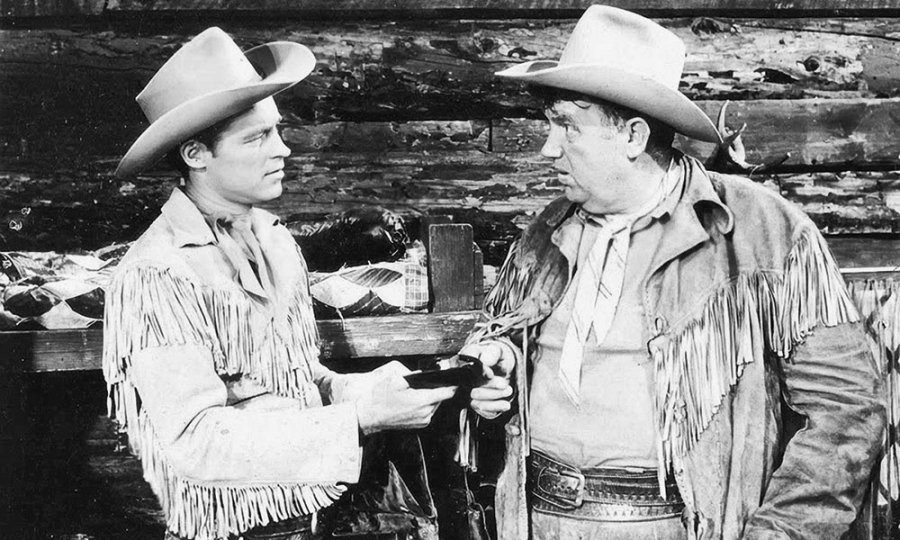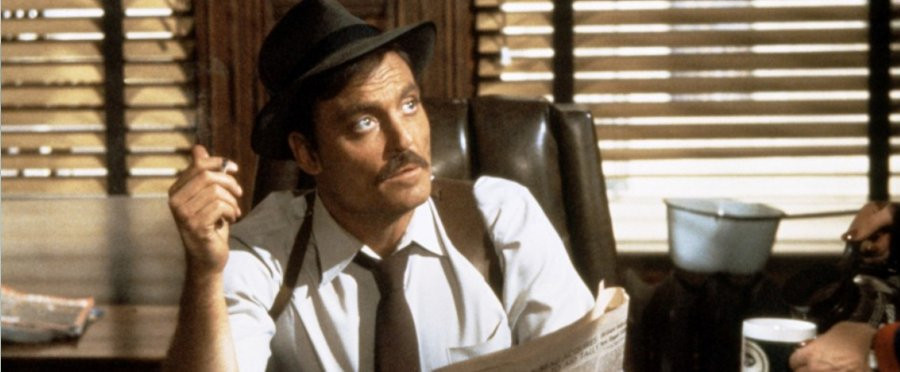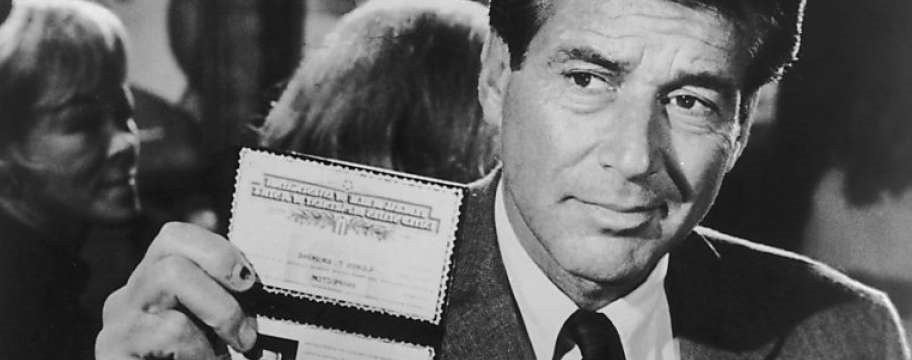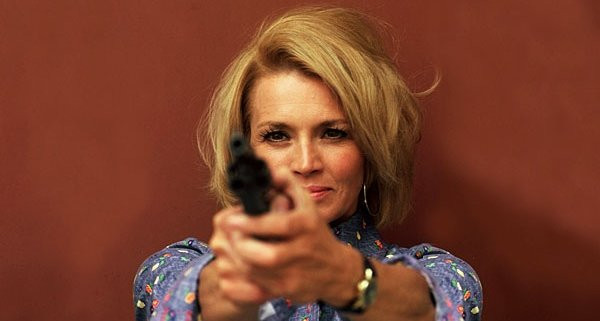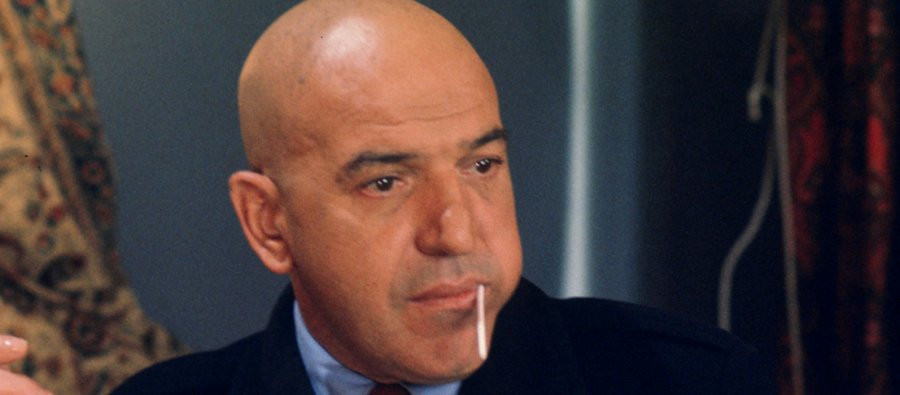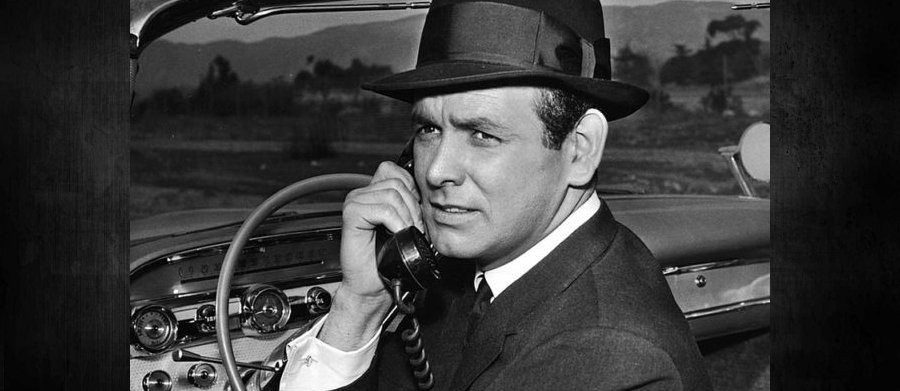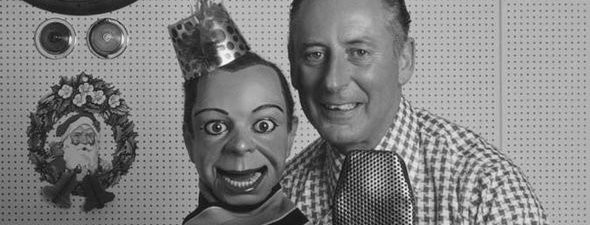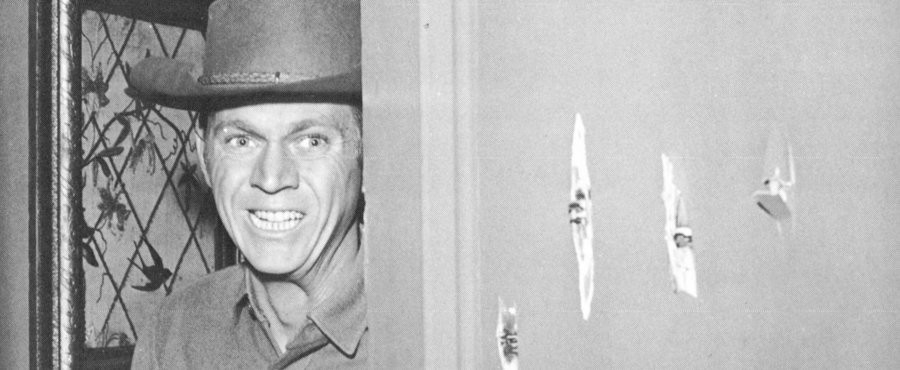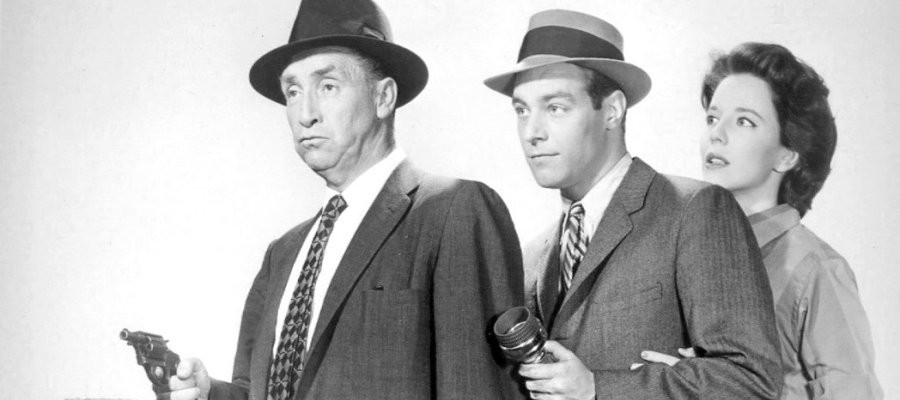
The Naked City
1958 - United StatesFew television series can claim to have truly reshaped a genre, but The Naked City, which premiered in the United States in 1958, undoubtedly earns that distinction. Based on Jules Dassin's acclaimed 1948 film of the same name, and itself inspired by Weegee’s stark 1945 photo collection Naked City, the series was a bold, innovative venture that left a permanent mark on television storytelling. Set and shot entirely on location in New York City, the show brought a sense of realism and immediacy that was unheard of at the time, helping to usher in a new era for the police procedural.
Initially broadcast as a half-hour series on ABC, The Naked City immediately broke with tradition. It rejected the safe confines of Hollywood backlots in favour of the real streets, alleys, parks and fire escapes of Manhattan. This decision—risky, expensive, and physically demanding for cast and crew—paid off in spades. New York wasn't just a backdrop; it was a living, breathing character. Director of Photography J. Burgi Contner captured the city with a haunting beauty that made it more than a setting—it became the soul of the series.
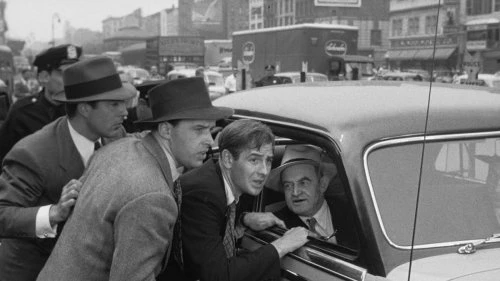
The narrative approach was equally ground-breaking. Rather than focusing purely on the mechanics of police work or relying on formulaic plot resolutions, the series—helmed by writer Stirling Silliphant and producer Herbert B. Leonard—was deeply human. Each episode explored not just the crime, but its emotional and psychological impact on victims, suspects, and detectives alike. The show’s famous closing line, “There are eight million stories in the Naked City… this has been one of them,” encapsulated its mission to treat every episode as a unique, individual tale drawn from real life.
This humanistic lens set The Naked City apart from its contemporaries. Where other crime dramas of the era tended to flatten characters into clear-cut heroes and villains, The Naked City instead offered morally complex individuals caught in difficult, sometimes ambiguous circumstances. Whether it was a petty thief driven by desperation, a traumatised witness, or a police officer wrestling with his conscience, the series consistently sought to explore the why behind the act, not just the what.
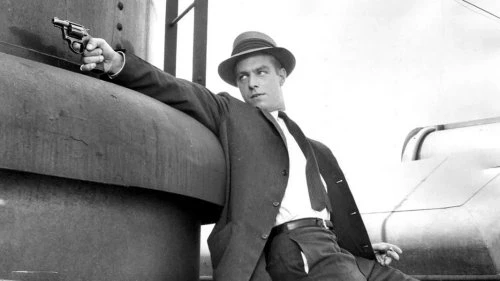
Crucially, the show's regular characters embodied this layered approach. In the early episodes, John McIntire’s Lt. Dan Muldoon brought a quiet, paternal authority to the screen, while James Franciscus’ fresh-faced Det. Jim Halloran served as a stand-in for the audience—eager, empathetic, and still learning the hard realities of police work. Harry Bellaver’s Officer Frank Arcaro, with his crumpled demeanour and world-weary wisdom, added a sense of continuity and lived-in authenticity to the force.
When McIntire left the series—his character shockingly killed off in an episode that remains one of television’s earliest and most impactful character deaths—the producers faced a potentially disastrous turning point. Yet the arrival of Horace McMahon as Lt. Mike Parker proved inspired. With his burly physique and gravelly New York accent, McMahon brought a raw, blue-collar credibility to the role that resonated strongly with viewers and aligned closely with the gritty spirit of the show.
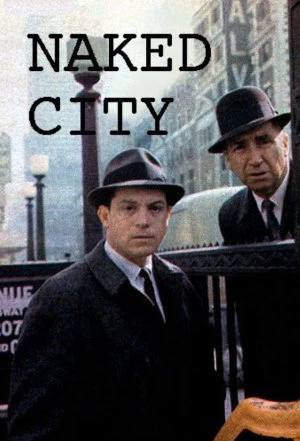
The decision to transition from a 30-minute format to a full hour in 1960 gave the series the breathing room it needed to further develop its stories and characters. Renamed simply Naked City, the revamped version retained its signature realism while deepening its emotional range. Paul Burke, as Det. Adam Flint, introduced a thoughtful, more introspective lead, supported by Nancy Malone’s Libby, whose civilian perspective provided a gentle counterpoint to the sometimes grim realities of police life.
With longer episodes came greater narrative variety. While the series never shied away from violence or tragedy, it was also unafraid to delve into the absurdities and eccentricities of urban life. One episode might explore a crumbling marriage strained by financial stress, another might follow a lonely teenager caught in a case of mistaken identity. And on occasion, the show embraced a certain romanticism—wistful moments of love or reconciliation that added texture and warmth to the harder edges of its world.
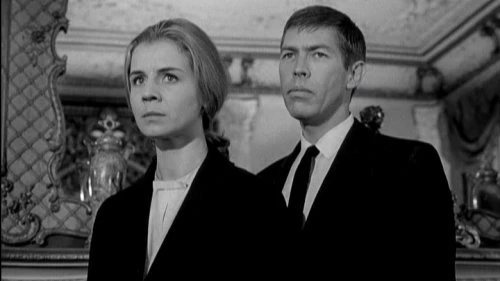
It’s also worth noting the extraordinary roster of guest stars that graced the series during its run. The show became an unofficial proving ground for a generation of rising actors—James Coburn, Robert Duvall, George C. Scott, Dustin Hoffman, and Robert Redford among them—who were often given meaty, emotionally rich roles early in their careers. That these performances still resonate today is a testament not only to the talent involved, but to the quality of the writing and direction that supported them.
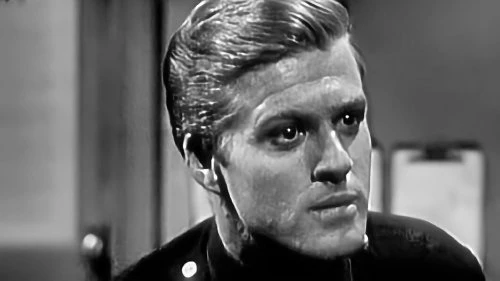
Despite its success, Naked City was abruptly cancelled in 1963 after 99 episodes, reportedly while still performing strongly in the ratings. No final episode was produced; the series simply ended. And yet, its influence never really faded. Shows like Hill Street Blues, Law & Order, The Wire, and even True Detective all owe a debt to The Naked City's pioneering blend of police procedural, urban documentary, and psychological drama.
In retrospect, The Naked City is more than a television show—it’s a landmark in the evolution of screen storytelling. By grounding its tales in the messy realities of urban life and portraying its characters with empathy, it redefined what a police series could be. The series dared to take television drama seriously, and in doing so, helped raise the medium itself to a higher standard.
Verdict (2025 perspective):
★★★★★ A product of its time, yes—but never limited by it—The Naked City remains a masterclass in mature, intelligent, and compassionate television. It still speaks volumes.
Seen this show? How do you rate it?
Seen this show? How do you rate it?
Published on September 2nd, 2024. Written by Laurence Marcus for Television Heaven.



